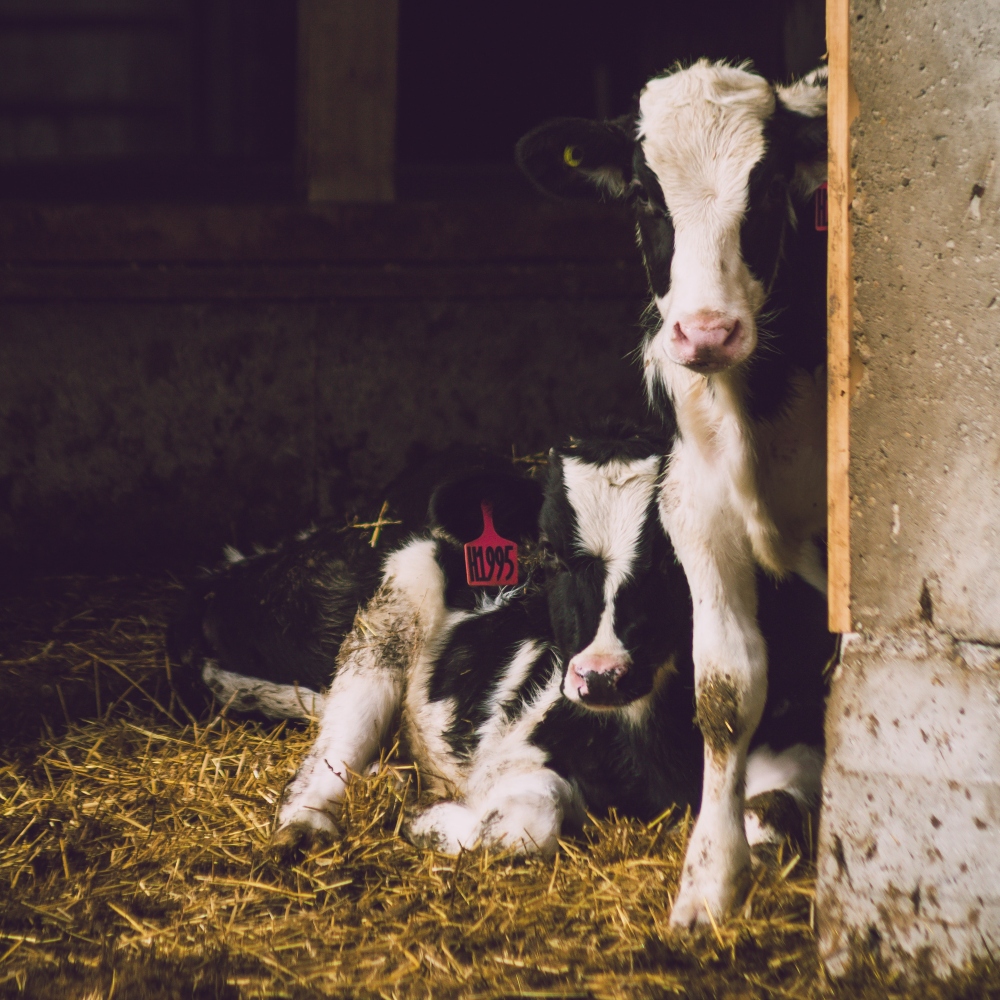New Report Details Food R&D Strategy for Tackling Global Methane Emissions
3 Mins Read
Reducing methane emissions in the global food system is crucial for achieving climate targets, and a new report from the Climateworks Foundation highlights innovative solutions that can lead to substantial reductions.
Between 2021 and 2022, increases in methane emissions were the largest recorded in history, says a new report from the Climateworks Foundation and Global Methane Hub.
The findings
The researchers say that despite the startling increase, we can reduce methane emissions from food systems by 75 percent by 2050. To achieve this, the researchers propose a significant increase in research and development investments, from the current level of $10 billion to 20 billion per year to more than $60 billion by 2035.
The new report says that while it’s an ambitious goal, much of the required technology already exists; it’s just unevenly distributed, necessitating investments in policy and social innovations to facilitate the dissemination of these technologies.

These investments hold immense potential not only in reducing methane emissions but also in creating jobs — the report says it could create 118 million jobs while also cutting climate transition costs by $1.1 trillion by 2050. Moreover, these investments would free up land for local communities, contributing to ecological protection and restoration.
“The food system can play a vital role in contributing to methane reduction goals,” reads the report. “Agricultural practices account for 50 percent of human-caused methane emissions. The food system contributes additional methane emissions after harvest through transport chains and waste disposal. In total, the food system accounts for an estimated 60 percent of global anthropogenic methane emissions.”
Methane has a significantly higher warming potential than carbon dioxide, with the UN Economic Commission for Europe noting that it is 84-86 times more potent over a 20-year period. Effectively reducing methane emissions would play a vital role in cooling the planet.
Methane’s reach: from livestock to food waste
One of the most critical areas of focus needs to be the livestock sector, says the report. Livestock, particularly ruminant animals like cattle, sheep, and goats, account for the largest share of methane emissions across the global food system. Researchers point to Latin America, South Asia, and Sub-Saharan Africa as regions that would benefit significantly from innovations in this sector.
A recent study found methane emissions are largely ignored in climate policies, with only 13 percent of methane emissions regulated by current climate mitigation policies.

Another primary target for methane reduction is the rice industry, which currently contributes to 13 percent of global methane emissions while feeding over four billion people. The Climateworks Foundation stresses the need to make rice production more sustainable rather than removing it from planetary diets. Innovative solutions, such as finding rice varieties that emit less methane and implementing direct dry seeding techniques, hold great promise.
“We need to make investments that not only reduce methane emissions of rice but at least maintain its nutrition content,” said Dr. Avery Cohn, director of the food and agriculture program at the ClimateWorks Foundation.
“We also need to ensure that the transitions are just, as we invest in curbing methane, from food and agriculture, some parts of the economy will need to expand, while others will contract,” Cohn said.
Addressing food waste is another crucial aspect of the battle against methane emissions. The researchers identified a significant innovation gap in improving cold chain efficiency through real-time tracking of food stocks, employing monitors and sensors, and expanding on-grid and off-grid cold storage options. Enhancing composting processes also holds immense potential, not only as a means of reducing waste but also by converting the end products into biofuels, fertilizers, and animal food.
With approximately one-third of food produced for human consumption being lost or wasted each year, addressing food waste can have a substantial impact on methane emissions — around 85 percent of solid waste methane emissions are derived from food.



